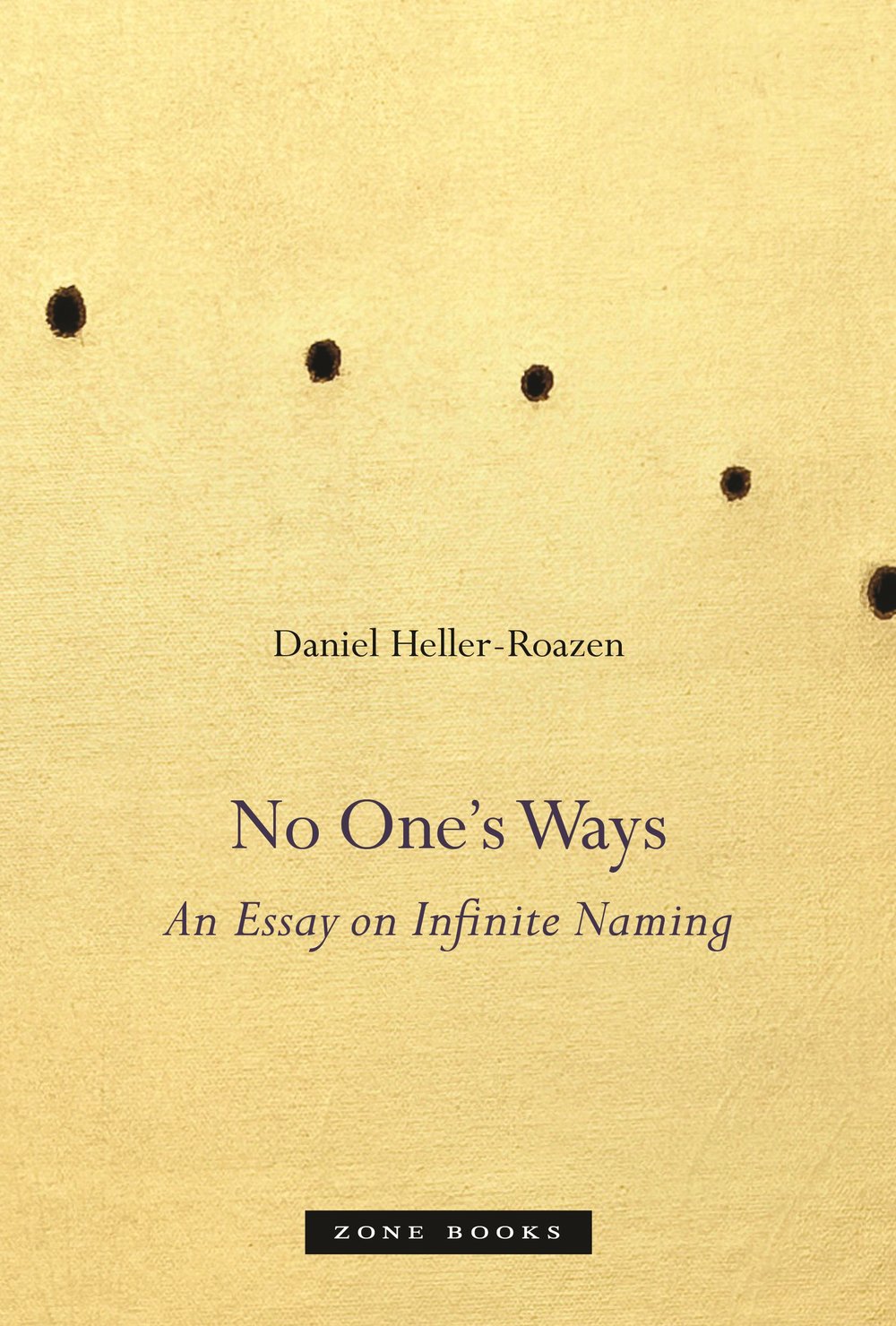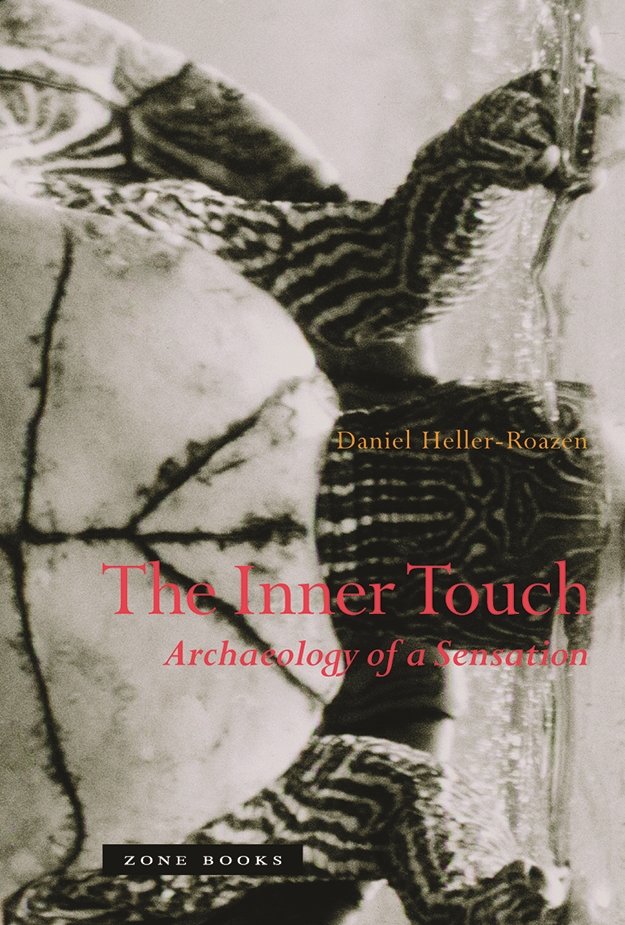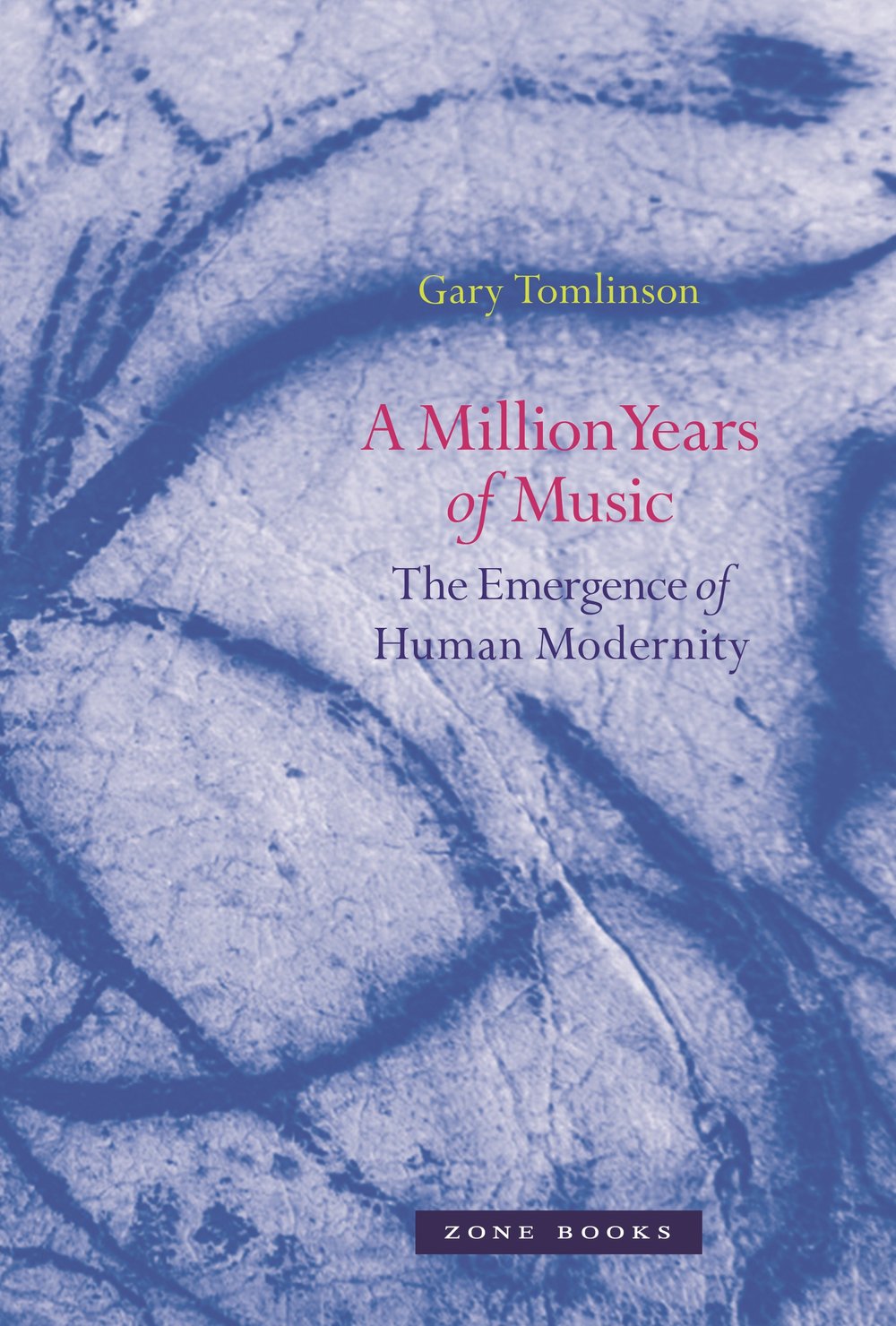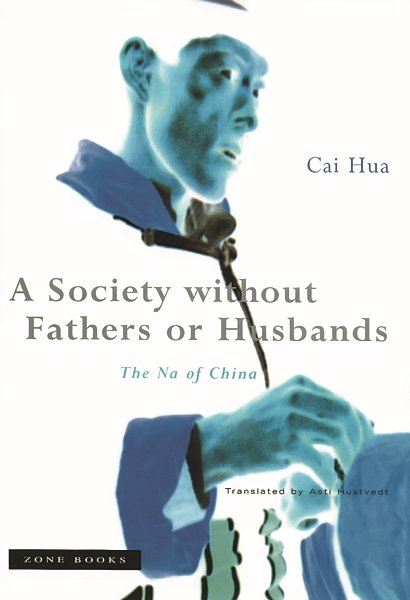The Fifth Hammer
Pythagoras and the Disharmony of the World
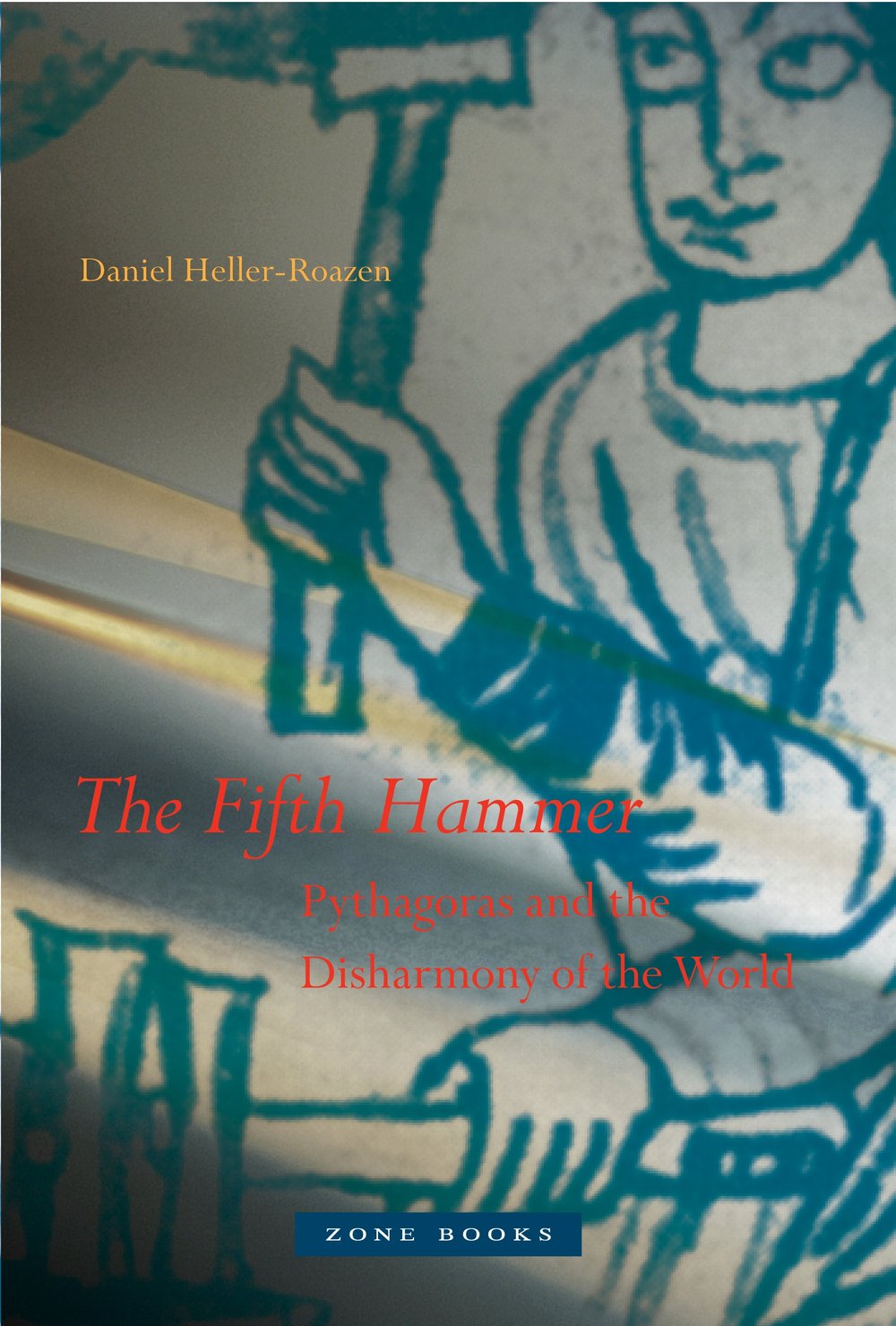
How the ordering of the sensible world continues to suggest a reality that no notes or letters can fully transcribe. An ancient tradition holds that Pythagoras discovered the secrets of harmony within a forge when he came across five men hammering with five hammers, producing a wondrous sound. Four of the five hammers stood in a marvelous set of proportions, harmonizing; but there was also a fifth hammer. Pythagoras saw and heard it, but he could not measure it; nor could he understand its discordant sound. Pythagoras therefore discarded it. What was this hammer, such that Pythagoras chose so decidedly to reject it? Since antiquity, "harmony" has been a name for more than a theory of musical sounds; it has offered a paradigm for the scientific understanding of the natural world. Nature, through harmony, has been transcribed in the ideal signs of mathematics. But, time and again, the transcription has run up against one fundamental limit: something in nature resists being written down, transcribed in a stable set of ideal elements. A fifth hammer, obstinately, continues to sound. In eight chapters, linked together as are the tones of a single scale, The Fifth Hammer explores the sounds and echoes of that troubling percussion as they make themselves felt on the most varied of attempts to understand and represent the natural world. From music to metaphysics, aesthetics to astronomy, and from Plato and Boethius to Kepler, Leibniz, and Kant, this book explores the ways in which the ordering of the sensible world has continued to suggest a reality that no notes or letters can fully transcribe.



